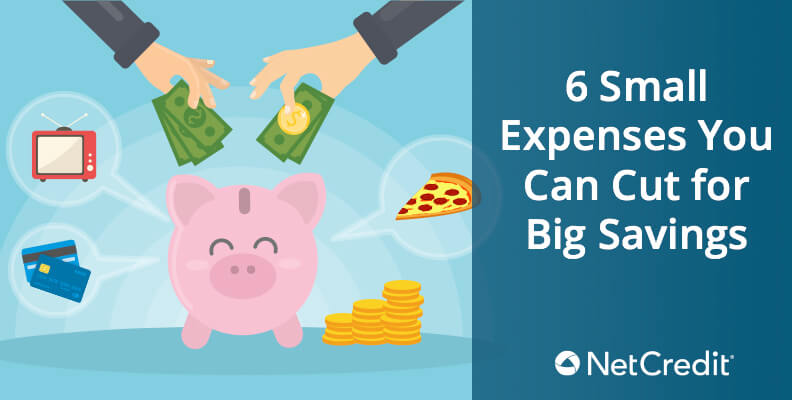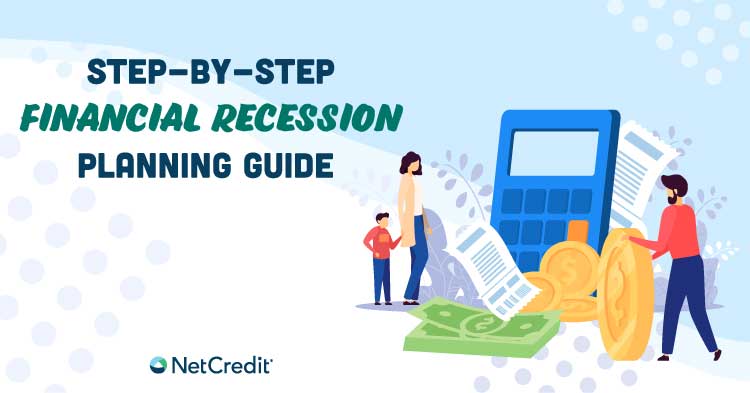They say “what you don’t know can’t hurt you.” That might be true when it comes to little secrets your kids and romantic partner keep from you, but it’s absolutely not true when it comes to your personal finances. Your life is full of small extra expenses based on you not knowing they’re happening, not realizing what it should cost, and not understanding the details of what you’ve bought.
Below are the six most common examples, and the best way to find out everything you can about them.
1. How Much You Spend On Subscriptions
Subscriptions to magazines, website memberships, subscription boxes, gym fees and similar recurring automatic charges can add up to hundreds of dollars coming out of your bank account each month. They’re especially insidious because most times no single charge is more than $50. So you don’t think about them when you sign up, and you just sort of absorb them as the charges hit every month.
And the killer is, you probably use less than half of what you’re paying for.
This month, print out all of your bank and credit card statements. Physically highlight each payment on a subscription service of one kind or another. Write them out longhand so you really feel each one. Then cancel everything that doesn’t give you absolute joy.
2. What’s in Your Freezer, Pantry, and Garage?
You waste money on food every week by forgetting to eat leftovers, or maybe by buying stuff that you already had enough of for that one recipe. You waste money every month on food going bad in the freezer because you didn’t notice it there behind the ice cream. You waste money every year by buying a tool, gift wrap, holiday decoration, or piece of sporting equipment that you know is “around here somewhere” but can’t find when you need it.
Organizing those three hot spot spaces can save you hundreds of dollars in unnecessary expenditures. If you want to get really serious, organize your time and your errands as well, to save money on gas and other variables from duplicating effort.
3. What the Competition Charges
Almost everything you buy, you buy from a company that has competition in your area. That means almost everything you buy is something you can buy from somebody else at a potentially cheaper price. In many cases, you can just call your insurance agent, cell phone provider, cable company, etc. and threaten to go to the competition. Customer service reps are empowered to give you permanent or temporary deals to keep you as a client.
On the same note, keep an eye on the local papers any time you make a major purchase. Most retailers offer price matching deals, so if you see what you bought for $100 less you can go to them and get a refund for the difference. When shopping online, use tools like the Honey browser extension and see how the price on the current site compares across the web.
4. Which Bank Fees Are Optional
Bank fees seem like something you can’t fight, but you’d be surprised by how many you can cut out because they fall into one of three categories:
- Fees that exist for just one kind of account, which you can get rid of by changing what kind of account you have with that bank.
- Fees based on your behavior, which you can negate by changing that behavior.
- Fees your bank charges, but others do not.
Go through your bank and card statements for a quarter, identifying all of your fees. Then find out how many of them fall under the three categories above. Once you know that, you know what you need to do to jettison those fees forever moving forward.
5. Why You Should Skip Extended Warranties
This is the simplest item on your list. You should skip extended warranties because the companies offering them know more than you do. They’re so confident they’ll spend less on making repairs than you did on the warranty that they’ll put their own money down on the bet.
Extended warranties are a bad deal, universally. Don’t buy them. And if you can get a refund, cancel any you currently have in effect. See? We told you this was simple.
6. All of Your Credit Card Rewards
Most credit card companies offer rewards of one kind or another, and most people don’t know the full extent of the rewards they’re entitled to. That’s one of the ways they can afford to offer everything they do: they know only a fraction of their customers will take advantage.
Here’s a list of the most common rewards offered by credit cards for people with good-to-excellent credit, and even to people with moderate or average FICO scores:
- Cashback on purchases
- Travel miles
- Hotel, gas, or retail points
- Discounts at specific vendors
- Credits toward airline incidental fees
- Warranties on recent purchases
- Credit report protection
- Concierge services
If you don’t know every reward available using your credit card, then you won’t know when to take advantage of them. Sometimes, the best way to find this out is making a call to customer service and asking questions until you have all the answers. It’s a bit of a hassle, but it’s probably the most money you’ll make in an hour this year.
Bonus: How Much Your Job is Worth
This isn’t really costing you money, but it approaches your finances from the opposite direction by helping you earn more. The truth is, you’re probably underpaid. Your boss negotiated with you when you were hired, and you settled on a salary lower than they might have been willing to pay, even if you were happy with it at the time.
Each raise and bonus you’ve received since then was a percentage of that original salary, which was lower than you could have negotiated for. Do some research and find out what the average people in your line of work and with your experience are making. Then tally up what you do best for your company. Add a side order of how much it would cost to replace you. Then have a sit-down with your boss and negotiate for the raise you deserve.
Final Thoughts
This is an extremely incomplete list of ways you could save or make more money this year. They say “knowledge is power,” and that’s true. In this case, it’s even better: “Knowledge is money.” Take advantage of this knowledge today and have more in your pocket by this time next week.






